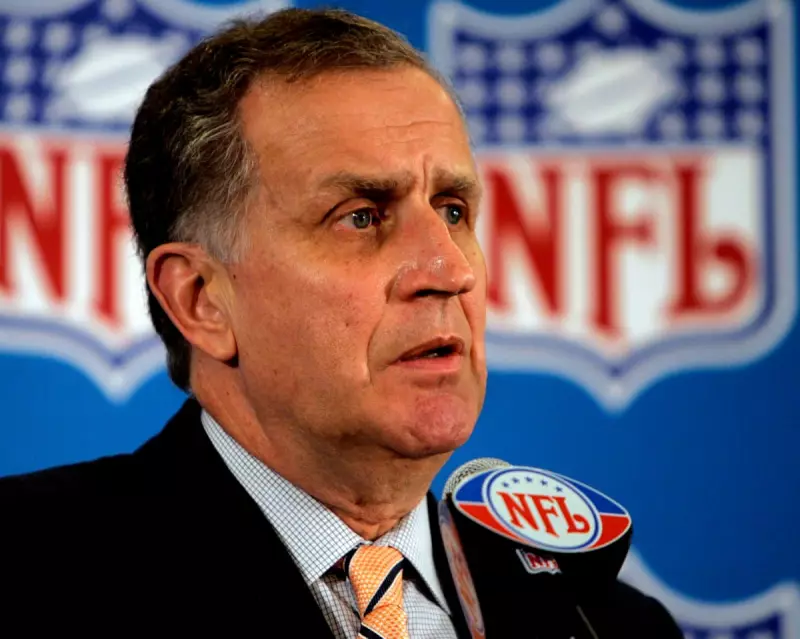
The National Football League is mourning the loss of former commissioner Paul Tagliabue, who has died at the age of 84. His family confirmed his passing in Chevy Chase, Maryland, on Sunday, according to an official statement from NFL spokesman Brian McCarthy.
A Transformative Era for American Football
Tagliabue, who had been living with Parkinson's disease, led the NFL through one of its most prosperous periods from 1989 to 2006. He took over from predecessor Pete Rozelle and immediately began shaping the league's future. During his remarkable 17-year tenure, Tagliabue negotiated television contracts that poured billions into league coffers and oversaw the construction of numerous state-of-the-art stadiums across the United States.
His leadership maintained remarkable labour peace, with no work stoppages occurring throughout his time in office. This stability allowed the league to focus on expansion and revenue growth. The Pro Football Hall of Fame recognised his significant contributions by inducting him as part of a special centennial class in 2020.
Progressive Policies and Controversial Decisions
Tagliabue's commissionership featured several landmark initiatives that changed the face of the sport. He implemented what was widely considered the strongest substance abuse policy across all major professional sports at the time.
Perhaps his most enduring legacy came in 2003 with the establishment of the "Rooney Rule", which required all teams with coaching vacancies to interview minority candidates. This groundbreaking policy has since been expanded to include front-office and league executive positions, creating more diverse leadership opportunities throughout the sport.
However, his tenure wasn't without controversy. Tagliabue faced significant criticism for the league's handling of player concussions, with many accusing him of not taking stronger action to address the long-term health implications for athletes.
League Reshaping and Personal Legacy
The geographical landscape of the NFL changed substantially under Tagliabue's watch. Los Angeles lost two franchises during his leadership, while Cleveland saw its team relocate to Baltimore before eventually receiving an expansion franchise to restore NFL football to the city.
Tagliabue is survived by his wife, Chandler, his son, Drew, and his daughter, Emily. His complex legacy encompasses both the tremendous financial growth he engineered and the ongoing debates about player safety that emerged during his commissionership.





